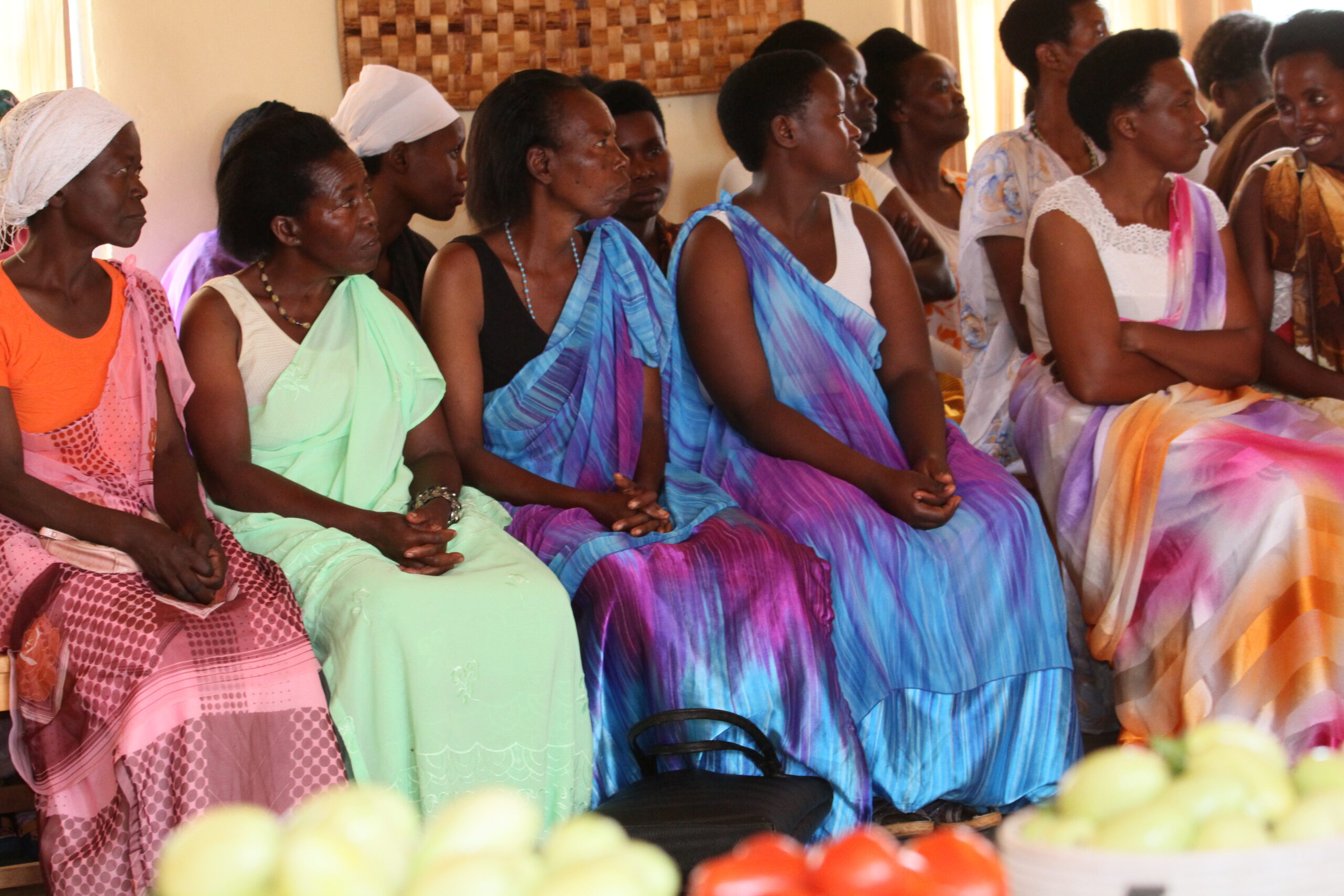Post-genocide Rwanda inherited various social wounds as a result of the genocide and effects of living in exile for some people who lived in the region and abroad as refugees. These events affected people both physically and psychologically. Some of the psychological wounds include loss of loved ones, transferred guilt of perpetrators to their family members, rape victims, stigmatization of victims and ex-perpetrators, prejudices, and incomplete mourning among some victims. In order to contribute to the consolidation of peace in the Rwandan context, Never Again Rwanda in collaboration with Interpeace established a 4-year Societal Healing and Participatory governance for peace program in 2015.
The aim of healing was to support youth and community members from diverse backgrounds to overcome their trauma through safe spaces. To inform the implementation of the program, countrywide mapping of actors and approaches research was carried out, in a bid to understand appropriate approaches for healing and potential wounded groups that suited the program objectives. It also aimed to establish actors involved in healing and create synergy among other actors. Through this research, the program team was guided to use psychosocial support group approach due to its relevancy to the Rwandan context, its capacity to support a large number of people and use few professionals. In total 15 groups from diverse backgrounds were supported. For purposes of this article, I will only talk about how the program impacted in special ways some women from mixed marriages and their husbands in Turuhurane group located in Muhanga in the Southern province.
At the beginning of the program members of this group had high levels of trauma due to double victimization from their families both matrimonial and relatives. To establish the benchmark indicators for the program, a baseline survey was conducted among groups to measure levels, of trauma, trust and tolerance impact as well as peace activism. Factors measured under trauma included exposure to violence, levels of psychological distress, resilience, forgiveness, and revenge. The baseline findings revealed that this group had the trauma of 4.8 in 2015 and reduced to 4.0 at the end line survey in 2018. The overall score for trauma impact for the whole group stood at 2.4 in the end line survey. The findings reveal that the program had a significant change in trauma decrease among group members. The decrease in trauma levels increased their resilience, forgiveness, reduced revenge, increased tolerance and relationships with their family members.
Towards the phase-out of the program, NAR invited the husbands of group members to provide a platform for the women to share their experiences in trauma healing with their husbands and relatives and to hear the views of their relatives on the impact of the program among these women. Through this exchange, men testified of the positive behavior change acquired by their wives and also requested that spaces for men are created in the future, to support them overcome their own traumas. Therefore, in light of this exchange with these couples, NAR decided to include relatives of participants in the final Evaluation of the program to document the impact of the program among their immediate family members. This article narrates the significant change of one of the husbands for the member of the group.
Sam is married to Kaneza (not their real names) and they have been married since 1985. Kaneza is a genocide survivor who was raped while pregnant during genocide despite the efforts of her husband to protect her. Luckily, Kaneza survived the genocide but suffered harassment from her in-laws (brothers of her husband who committed genocide). In his own words Sam stated:
Our relationship was frustrated by my family members and some neighbors who were not comfortable to see Kaneza back in our family after genocide because some of them who committed genocide crimes and had not been imprisoned were afraid she could report them. These frustrations affected our relationship in ways that affected both us and our children. My wife and I went into serious conflict before she joined this group. We had no peace at home, sometimes she could spend her time out without doing anything and would take too much beer in bars, but now she stays at home, we work together, we got a cow and she takes care of it. I thank the group so much because we live in peace and take a beer at home together. Our children are happy because of our behavioral change. If she didn’t attend this group we couldn’t be living in peace now. I changed my behavior because she changed and our family is considered as a model.
In this story, we see how Kaneza’s behavior change through the program impacted her husband and her children. She gained tolerance, and self-worth as well as the healing that helped her become a responsible mother and a loving wife in ways that have impacted her husband. This couple has changed and is working together with a common vision for the development of their home. This change resonates with the theory of change of this program where NAR &Interpeace believed that if people both young and old engage in processes of healing and inclusive dialogue to overcome social division and wounds of the past, it will deepen their resilience to violent conflict. In addition, this demonstrates that healing is also linked to social economic stability. From this experience, we also learn that the program had a triple effect or spiral over effect from participants to their families which was never foreseen at the beginning of the program. It is thus important to state that therapeutic psychosocial group approach facilitated through safe spaces make healing possible in the post-genocide context across different categories of people.


